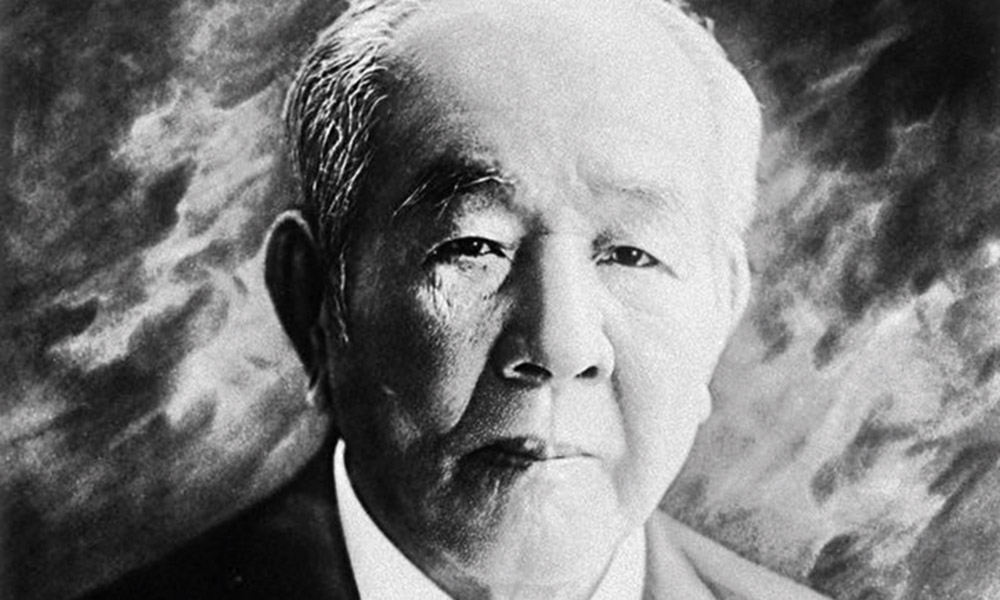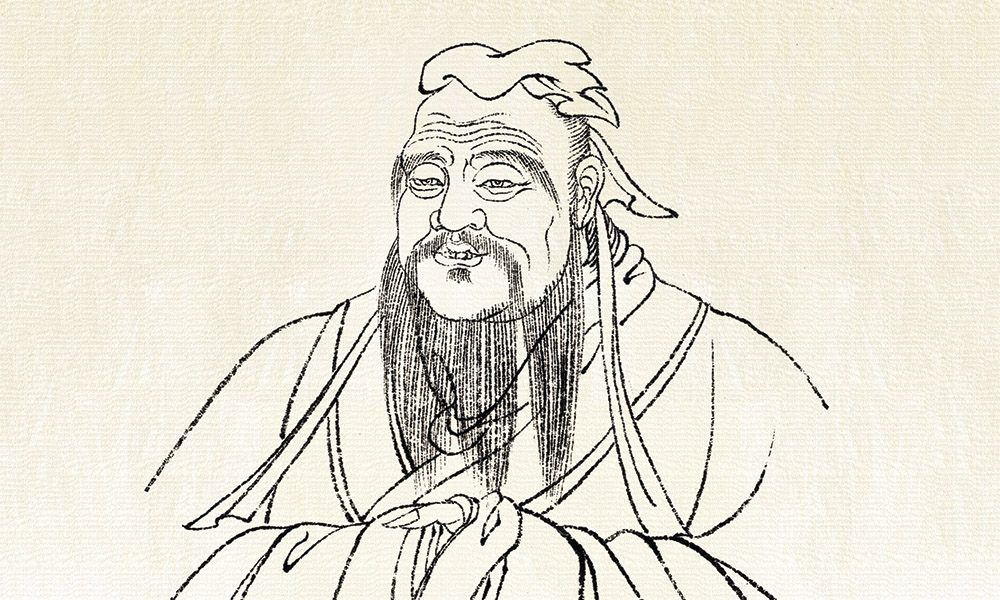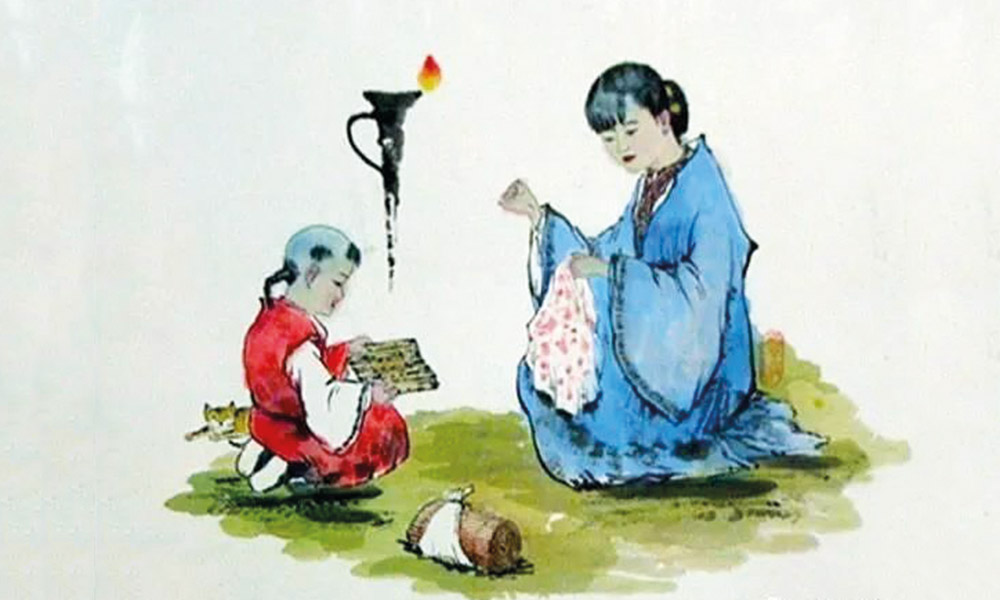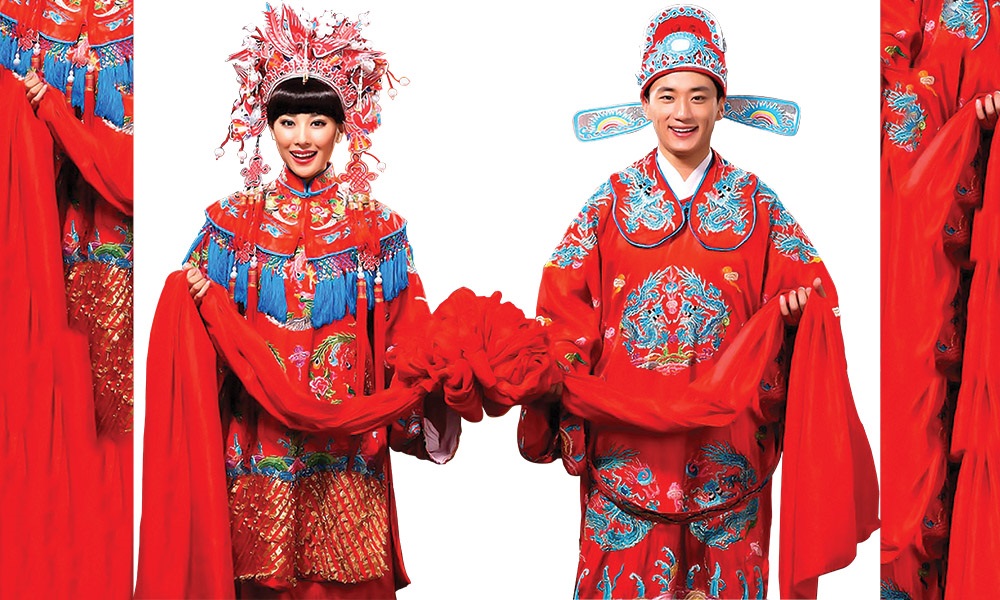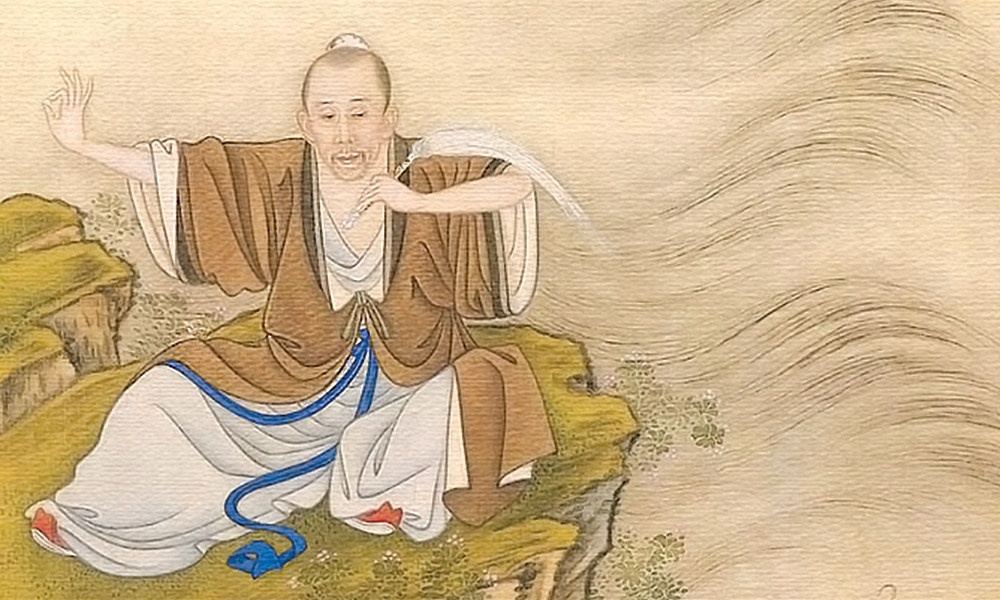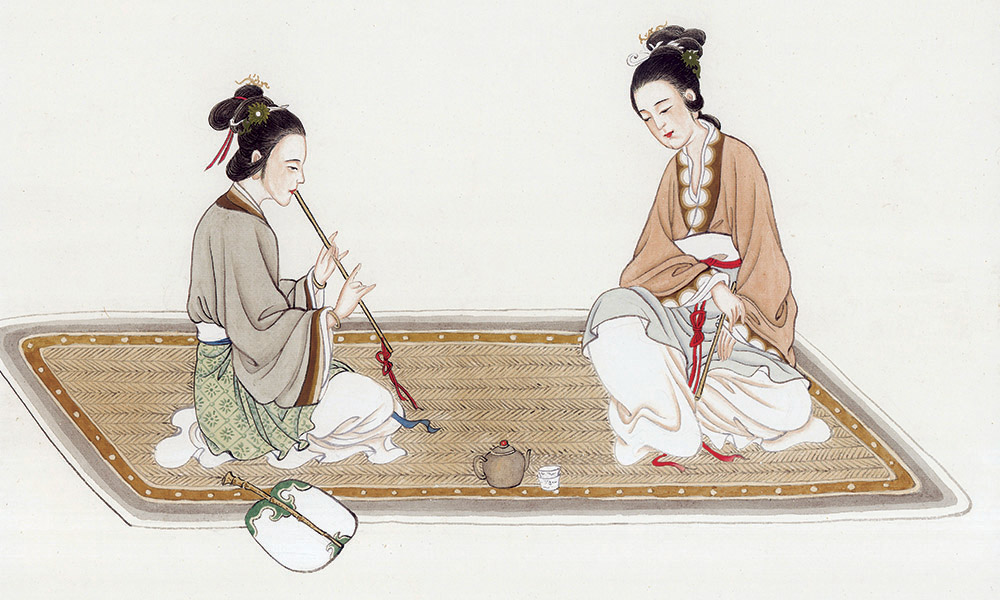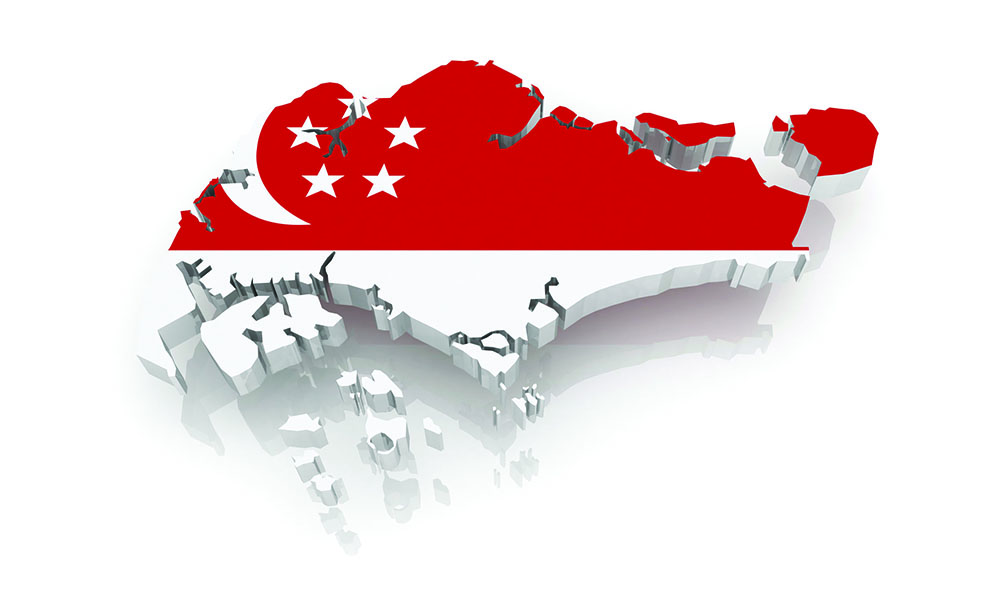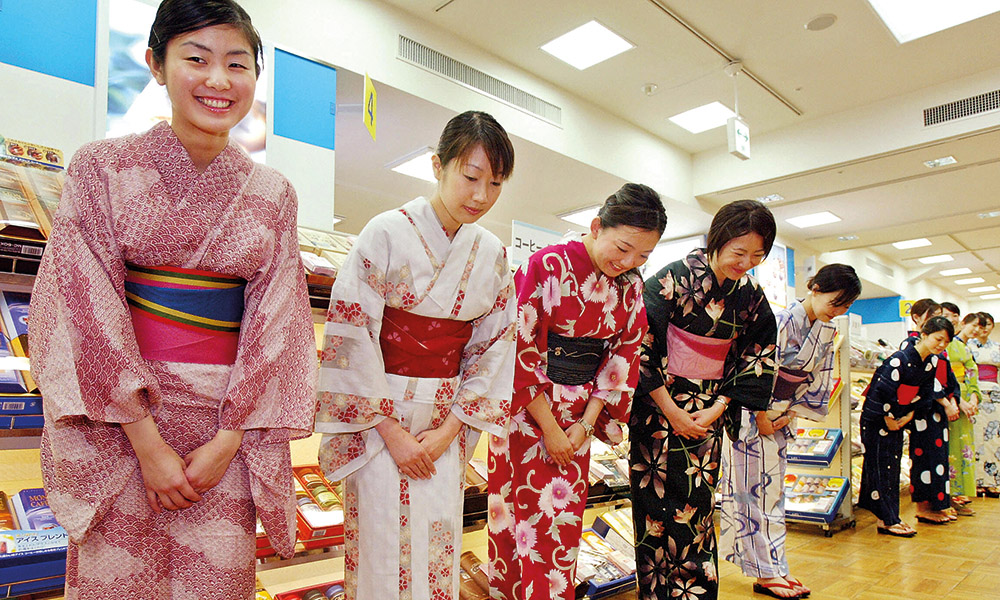
How Confucius’ Teachings Guided the Creation of Japan’s Modern Economy: Part 3
The father of Japan’s capitalist economy is Shibusawa Eiichi ( 1840-1931 ), a highly respected Japanese industrialist. Guided by his study of Confucius’ Analects, Shibusawa brought Western capitalism to Japan, but with a core emphasis on morality and business ethics. In Part 1 and Part 2, we learned how Shibusawa laid the foundation of Japan’s

